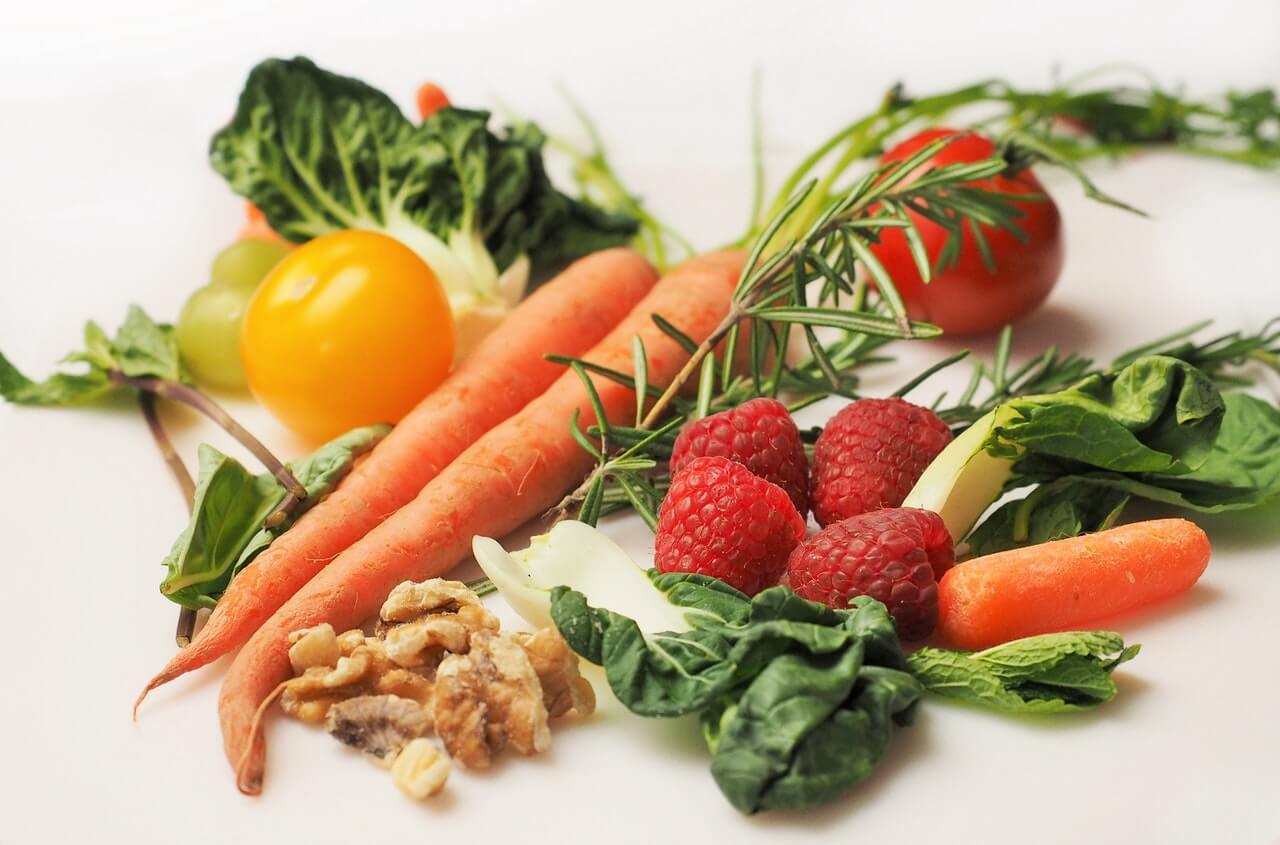Naturally, bariatric surgery impacts the digestive system. Often removing not only the stomach but also parts of the small intestine, bariatric procedures change your appetite and can also affect your nutrient absorption. After you have had a bariatric procedure, nutrition should be one of your top priorities to ensure you are obtaining the nutrients you need. All post-bariatric patients should take a bariatric-friendly multivitamin, but your nutrition shouldn’t just stop there. Here are ideal foods that can benefit the bariatric digestive system.
Low-Carb Vegetables
If you are restricting the amount of carbohydrates in your diet as many do after surgery, low carb vegetables are what you want to focus on. Many low carb vegetables are also packed with beneficial vitamins and minerals. Examples of low carb vegetables include spinach, kale, zucchini, green beans, eggplant, radishes, and tomatoes.1 If you have difficulty digesting raw vegetables, you can lightly steam or roast them to avoid uncomfortable indigestion. Keep in mind, not all vegetables are low in carbohydrates. High carbohydrate vegetables include things like corn, peas, and potatoes.
Lean Protein
While the body undergoes rapid weight loss, protein intake is vital. If protein intake is low during weight loss, the body will begin to pull from the muscle to meet its needs, leaving your body weak. Protein intake per patient can vary, especially depending on the type of procedure. The average patient aims for 60-80 grams of protein per day, which may be difficult on a restricted calorie diet.2 Therefore, finding high protein and low-calorie foods are essential. Here are 5 high protein foods to incorporate into your diet:
- Alaskan or Atlantic Salmon (low mercury level)– 7 g of protein per oz3
- Scallops (low mercury level)– 6 g of protein per oz3
- Turkey – 8 g of protein per oz
- Tofu – 10 g of protein per ½ cup
- Eggs – 6 g of protein in one egg
Superberries
Although “superfoods” aren’t a technical nutrition term, it generally refers to nutrient dense plant foods. Because of the restricted caloric intake, bariatric patients must carefully decide what they are going to spend their calories on. Choosing nutrient dense foods are a great way to glean as many nutrients as possible from a food item. Here are some of the top superberries to look out for:
- Elderberries
- Golden Berries
- Blueberries
- Raspberries
- Acai Berries
Speaking of fruit…
One exception to the “superfood” rule is wine, and any other alcohol. Because the effect of alcohol is impacted by how quickly it is absorbed in the gut, alcohol should ideally be avoided after bariatric surgery to avoid intoxication.4 Not only is the risk for intoxication increased, but alcohol has the highest number of calories per gram than any other food group, making weight loss more difficult if consumed often.
Because bariatric diets are very different from non-bariatric diets, don’t lose your focus on fad diets or new nutrient shakes that your friends are raving about. Your body has unique needs, be sure to always put your health first by focusing on healthy vegetables, fruits, and lean proteins. Cheers to a healthier you!
Persona offers doctor-approved, personalized Bariatric supplements based on your type of surgery and lifestyle delivered to your door. Our recommendations meet the guidelines of the American Society of Metabolic and Bariatric Surgery (ASMBS) and we cross-check your medications against a database of over 850 medications to ensure there are no drug-nutrient interactions. To start your program today, visit our Bariatric page here : https://www.personanutrition.com/products/bariatric-vitamins/
If you are looking for the highest quality Vitamin and Mineral Supplements personalized for you, please go to www.personanutrition.com and take our on-line questionnaire providing individualized vitamin and mineral recommendations. Persona is the only Science Based supplement provider on the web today! Take advantage of our knowledge and use it to your health’s benefit!
Sources:
- Brown R. Fruits & Vegetables after Bariatric Surgery. Obesity Action Coalition. https://www.obesityaction.org/community/article-library/fruits-vegetables-after-bariatric-surgery/. Accessed October 31, 2018.
- Life After Bariatric Surgery. American Society for Metabolic and Bariatric Surgery. https://asmbs.org/patients/life-after-bariatric-surgery. Accessed October 31, 2018.
- Perry C. The Best High-Protein Seafood Options. Muscle & Fitness. https://www.muscleandfitness.com/muscle-fitness-hers/hers-nutrition/best-high-protein-seafood-options. Accessed October 31, 2018.
- Eight foods to avoid after bariatric surgery. Phoenix Health. https://www.phoenix-health.co.uk/foods-to-avoid-after-bariatric-surgery/. Accessed October 31, 2018.

